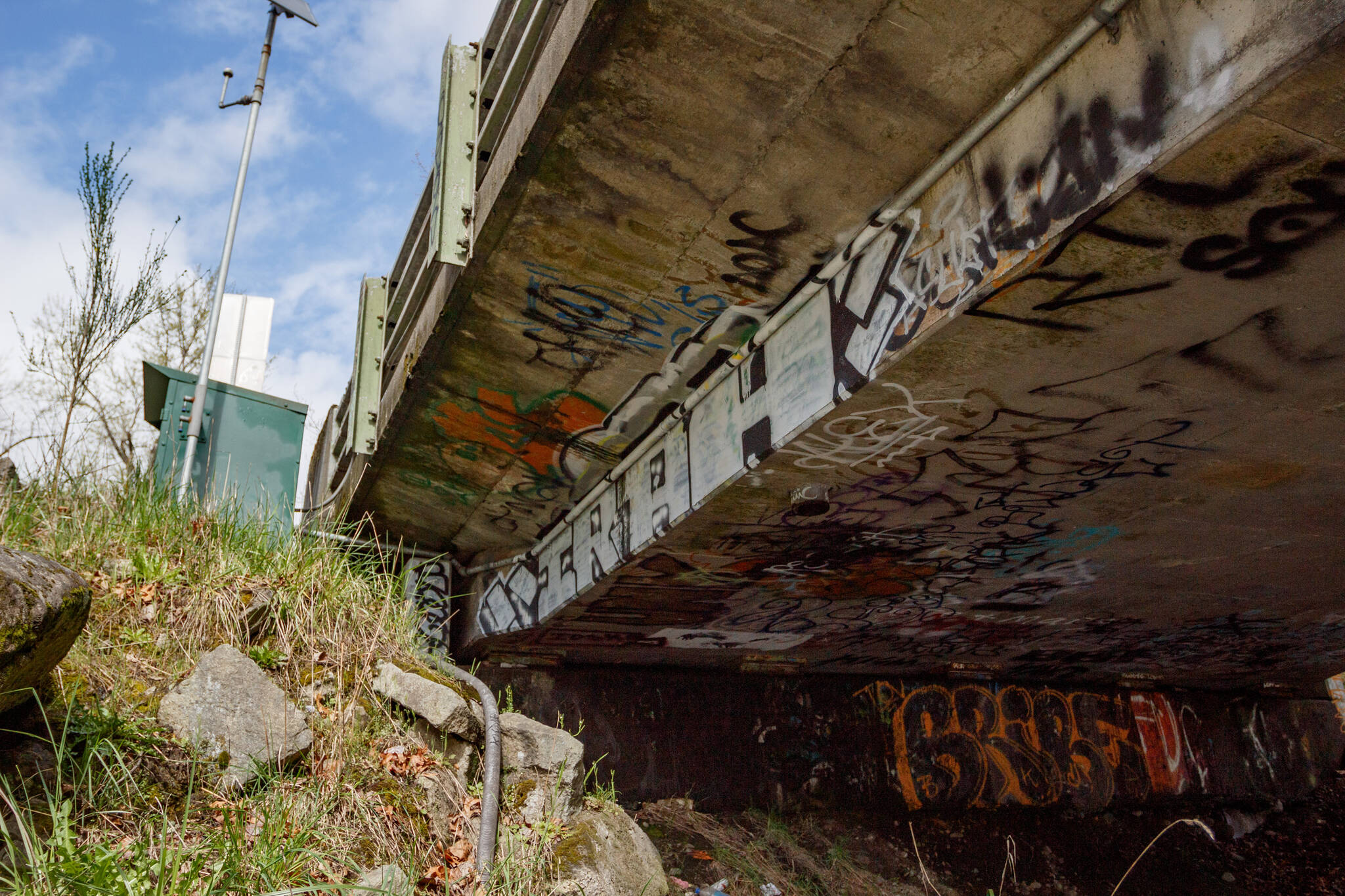The Auburn City Council recently passed an ordinance proposed by city code enforcement that tightens regulations for graffiti abatement in the city.
Property owners now have less time to remove graffiti from their property after being notified by the city. Under the previous code, property owners had 15 days to remove graffiti after being notified by the city. The new ordinance reduces the time period to three days.
Chris Barack, the city’s code compliance manager, said these changes are intended to prevent graffiti from re-occurring by removing it quickly.
“It’s recommended that graffiti gets covered within 24 hours, and that sends kind of a swift message to the person who’s creating the graffiti that it’s not going to be tolerated,” Barack said.
The code does allow for extensions due to severe weather conditions that would prevent a property owner from removing the graffiti.
Under the city code, the owners of a property vandalized with graffiti are responsible for removing the graffiti.
If a property owner doesn’t remove the graffiti, the city will hire a contractor to remove the graffiti and bill the property owner. If the property owner doesn’t pay, a lien will be placed on their property, according to the city code.
In addition to this, the ordinance also removed a section from the code allowing property owners to appeal the city’s decision.
The city is also working to reduce graffiti by adding public art on surfaces that are typically tagged, such as bridges and utility cabinets, Barack said.
Councilmember Kate Baldwin raised concerns about re-victimizing property owners with the changes to the city code and asked how much the average graffiti abatement costs.
Barack said he shares this concern and the city has a program where homeowners can get a voucher for up to $30 in graffiti abatement products such as paint or sandpaper. Homeowners can get two vouchers per year if needed, Barack said.
Auburn’s Code Compliance department can also help homeowners remove graffiti if they’re physically unable to do it themselves, Barack said.
However, if a homeowner refuses to clean the graffiti themselves and refuses to hire a contractor to remove it, that’s when the city intervenes and hires a contractor at the owner’s expense, Barack said.



